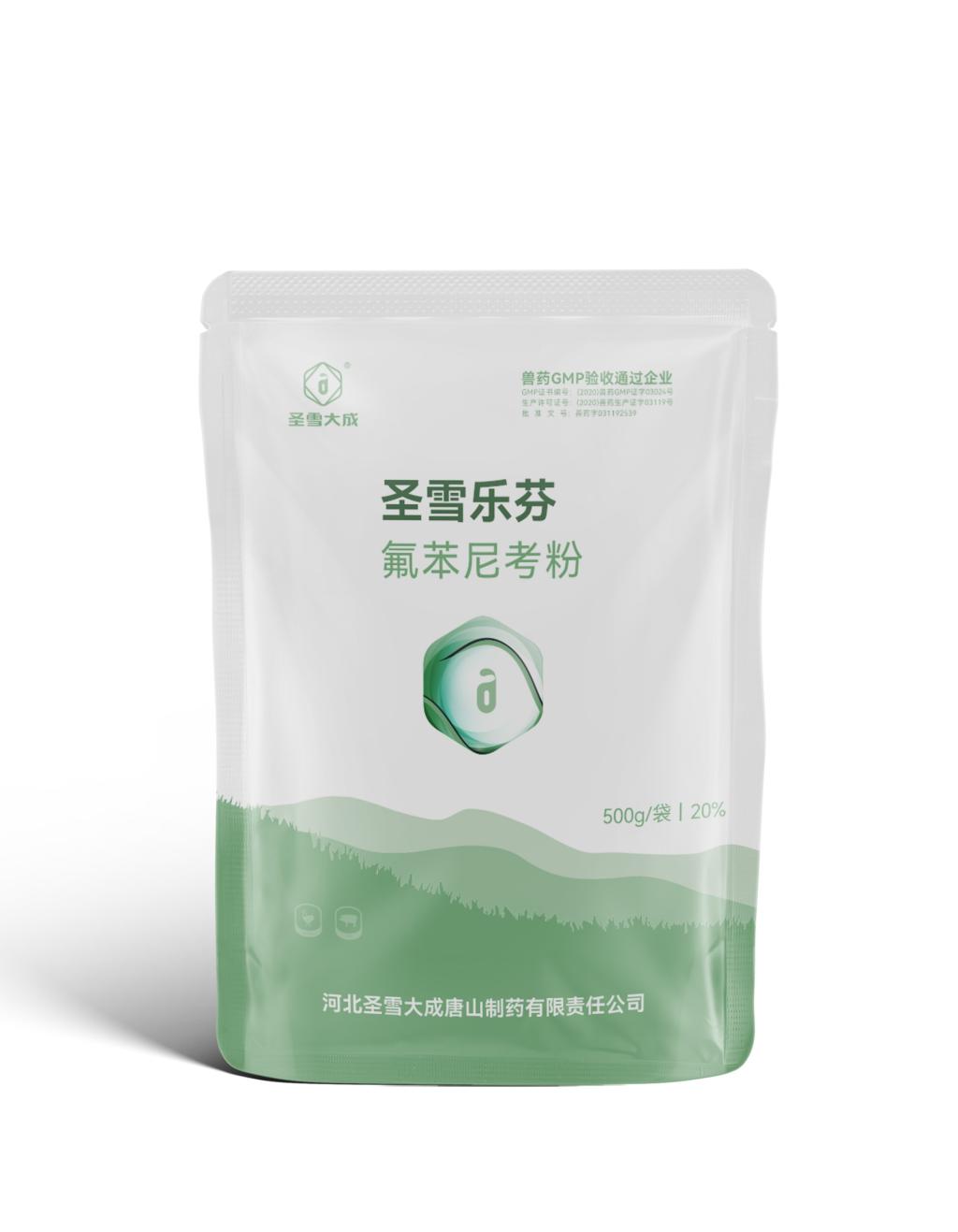Tel:+8618231198596

News
 CONTACT
CONTACT
 CONTACT
CONTACT
- Linkman:Linda Yao
- Tel: +8618231198596
- Email:linda.yao@dcpharma.cn
- Linkman:CHARLES.WANG
- Department:Overseas
- Tel: 0086 0311-85537378 0086 0311-85539701
News
The role of Florfenicol Powder in supporting biosecurity measures on farms is acknowledged.
TIME:2024-10-24
Understanding Biosecurity
Biosecurity measures are designed to minimize the risk of disease transmission among animals, which can have devastating effects on farm productivity and profitability. Key components of biosecurity include:
Preventive Health Measures: Vaccination, proper nutrition, and stress reduction can bolster the immune systems of animals, making them less susceptible to infections.
Controlled Access: Limiting visitor access to farms and implementing strict hygiene protocols can reduce the risk of introducing pathogens.
Monitoring and Surveillance: Regular health checks and disease monitoring help identify and manage potential outbreaks before they escalate.
The Role of Florfenicol Powder
Florfenicol powder supports biosecurity efforts on farms in several critical ways:
Effective Treatment of Infections: One of the primary roles of Florfenicol is its ability to effectively treat bacterial infections that can threaten herd health. By addressing infections promptly, Florfenicol helps minimize disease outbreaks that could compromise biosecurity.
Broad-Spectrum Activity: Florfenicol is effective against a wide range of Gram-positive and Gram-negative bacteria, including common pathogens that may circulate in farm environments. This broad-spectrum efficacy allows veterinarians to use Florfenicol as a frontline treatment option, especially in cases where specific pathogens may not yet be identified.
Support for Sick Animals: Infections can weaken individual animals, making them more susceptible to further illness and increasing the likelihood of disease transmission within the herd. By effectively treating these infections, Florfenicol aids in recovery and helps maintain the overall health of the population.
Reduction of Antibiotic Resistance: When used judiciously, Florfenicol can contribute to resistance management. Implementing proper treatment protocols and ensuring that antibiotics are used only when necessary can help mitigate the development of resistant strains, thus supporting long-term biosecurity.
Facilitating Movement Control: Healthy animals can be moved between facilities or farms with reduced risk of spreading infections. By managing infections with Florfenicol, farmers can maintain healthier herds and adhere to biosecurity protocols that control animal movement.
Applications in Farm Management
Florfenicol powder can be strategically integrated into farm management practices to bolster biosecurity:
Routine Health Monitoring: Incorporating Florfenicol as part of a treatment plan during routine health monitoring can prevent minor infections from escalating into significant outbreaks.
Response to Outbreaks: In the event of a disease outbreak, Florfenicol can be used as a targeted treatment to control the spread of bacterial infections, protecting both individual animals and the herd.
Training and Education: Educating farm staff about the role of Florfenicol in infection management reinforces the importance of biosecurity measures and responsible antibiotic use.
Challenges and Considerations
While Florfenicol offers valuable benefits in supporting biosecurity, it must be used responsibly. Key considerations include:
Veterinary Oversight: The use of Florfenicol should always be guided by veterinary expertise to ensure appropriate indications, dosages, and treatment durations.
Withdrawal Times: Farmers must adhere to established withdrawal periods for food-producing animals to ensure that antibiotic residues do not enter the food supply.
Integrated Approaches: Florfenicol should be part of a comprehensive health management program that includes vaccination, nutrition, and good husbandry practices to maximize biosecurity.
Conclusion
Florfenicol powder plays a pivotal role in supporting biosecurity measures on farms by effectively managing bacterial infections and promoting overall herd health. Its broad-spectrum activity and efficacy make it a valuable tool for veterinarians and farmers alike. By integrating Florfenicol into a holistic approach to farm management, producers can enhance their biosecurity efforts, protect animal welfare, and ultimately ensure a safe food supply for consumers. Responsible use, guided by veterinary oversight, will further strengthen the role of Florfenicol in modern agricultural practices.
- Tel:+8618231198596
- Whatsapp:18231198596
- Chat With Skype







